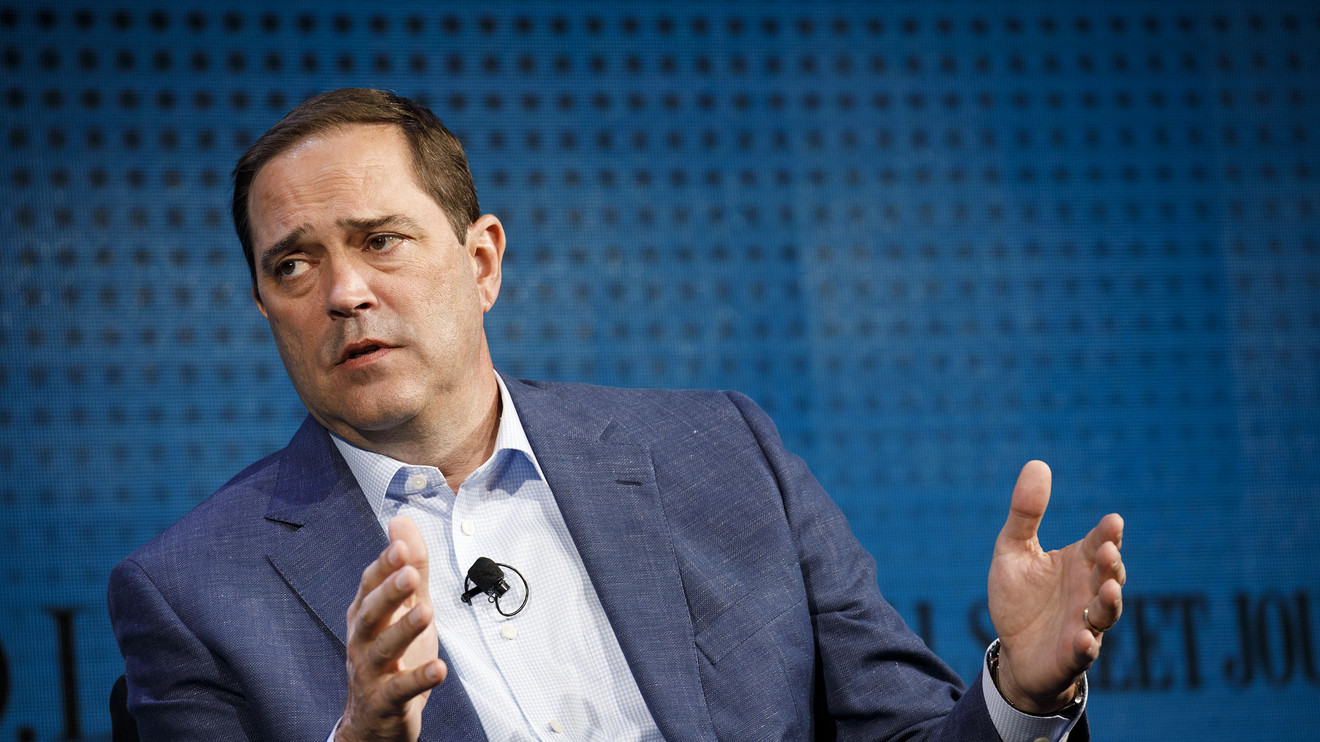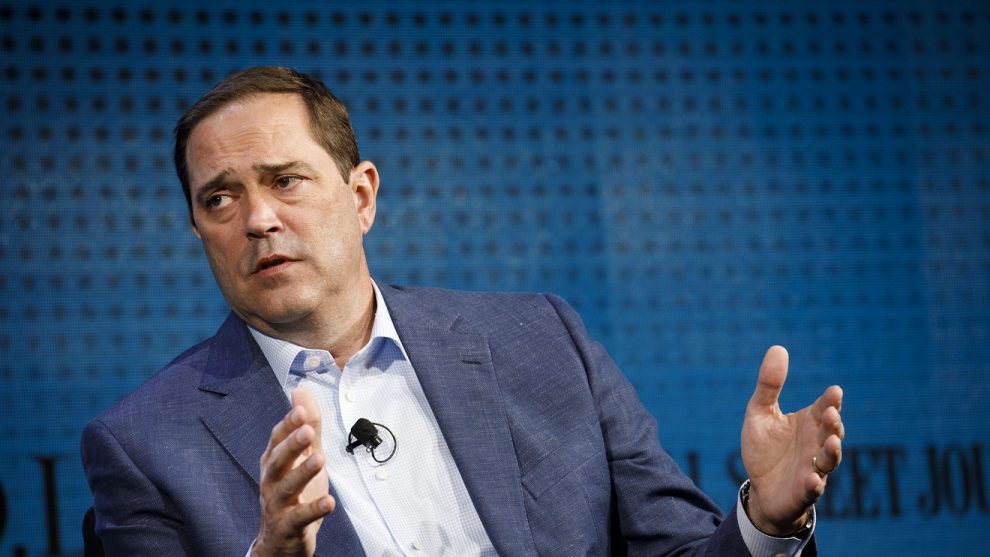
Cisco Systems Inc. shares dipped 7% in after-hours trading Wednesday after a weak forecast that could be related to weakness in China and tech-spending concerns that the networking giant has so far managed to avoid.
The San Jose, Calif.-based company CSCO, -4.00% rang up fiscal fourth-quarter earnings of $2.2 billion, or 51 cents a share, on revenue of $13.43 billion, up 6% year-over-year. After adjusting for stock-based compensation and other effects, Cisco reported $3.6 billion in non-GAAP net income, or 83 cents a share. Analysts surveyed by FactSet had estimated net income of 81 cents a share on revenue of $13.4 billion. For the year, Cisco earned $2.61 a share on sales of $51.7 billion.
Though the Q4 report reaffirmed analysts’ sentiments that the company has successfully transformed from a hardware outfit to one that is focused on hybrid-cloud computing and software subscription plans, its guidance was muted. Cisco forecast revenue with flat to 2% growth year-over-year, and a non-GAAP EPS range of 80 cents to 82 cents a share. Analysts polled by FactSet expected growth of about 2.5% and EPS of 83 cents.
In response to an analyst’s question about soft guidance, Cisco CEO Chuck Robbins noted “challenges” in service provider orders and weakness in China, which is locked in a tariff showdown with the U.S.
“We did see in July some slight early indications of some macro shifts that we didn’t see in the prior quarter,” Robbins said during a conference call with analysts after the results were announced.
Cisco shares are up 17% this year. The S&P 500 index SPX, -2.93% has gained 13% in that time. On a day the stock market slumped over recession fears, shares of Cisco had already been punished, falling 4% in the regular session.
Robbins earlier characterized Q4 as “a strong end to a great year.” Infrastructure platforms revenue led that quarter’s revenue, up 6% to $7.9 billion, aided by stable demand for network switches including the popular Catalyst 9000 switch. Applications division revenue improved 11% to $1.5 billion, and the security segment climbed 14% to $714 million.












